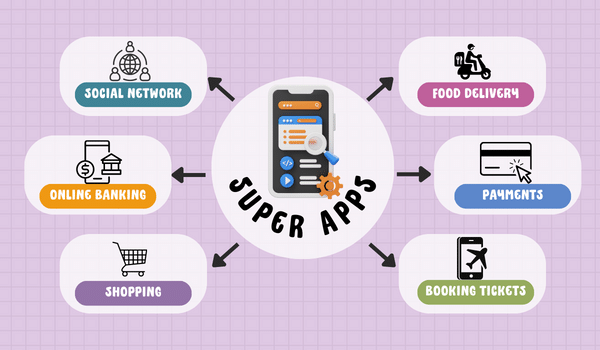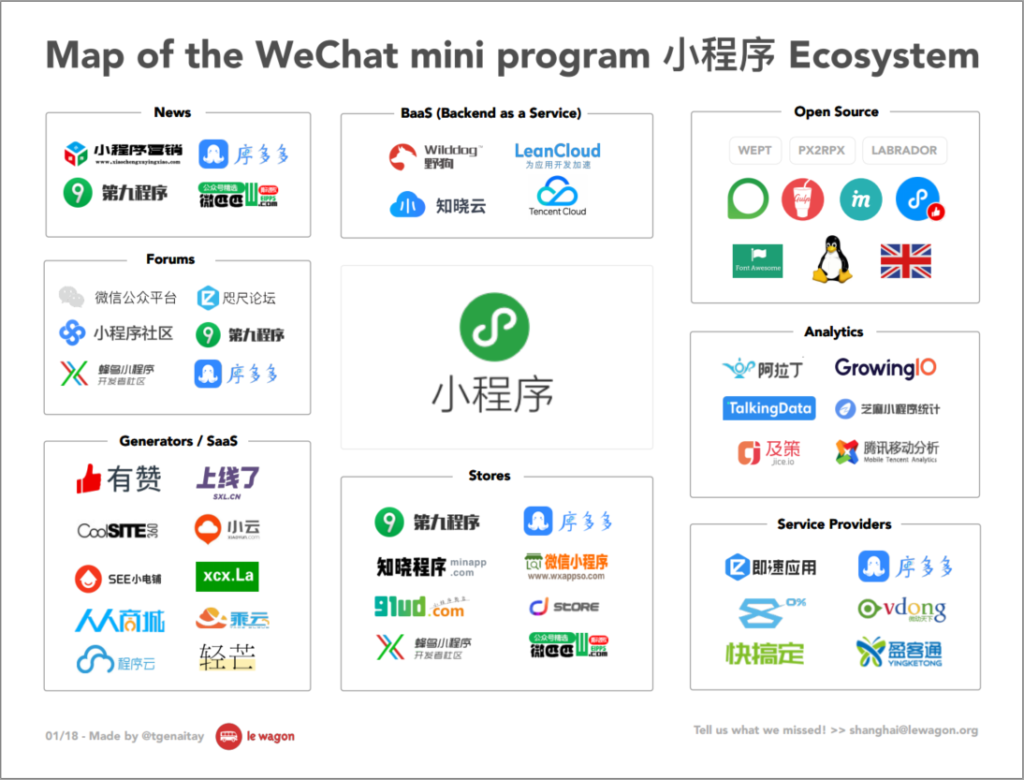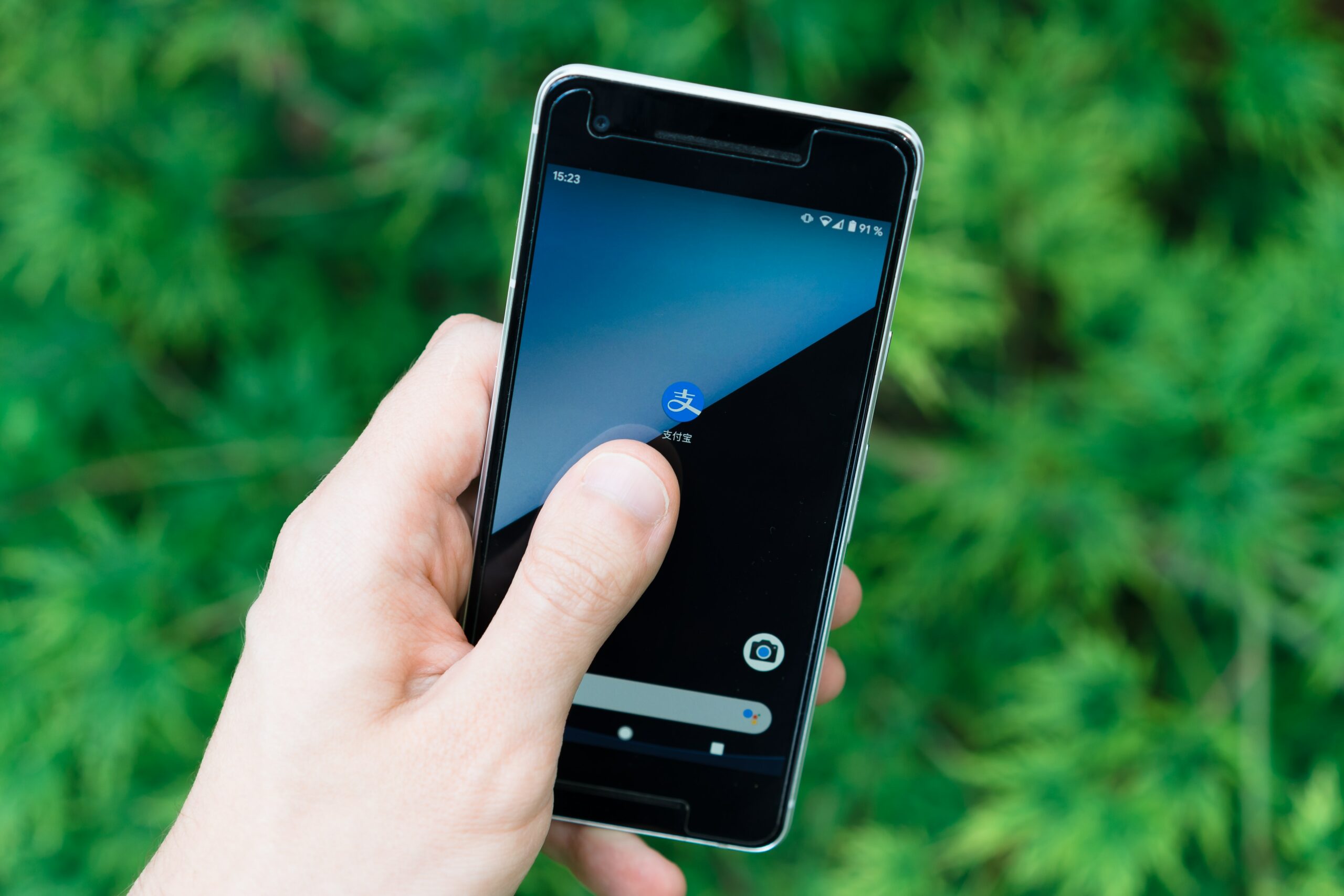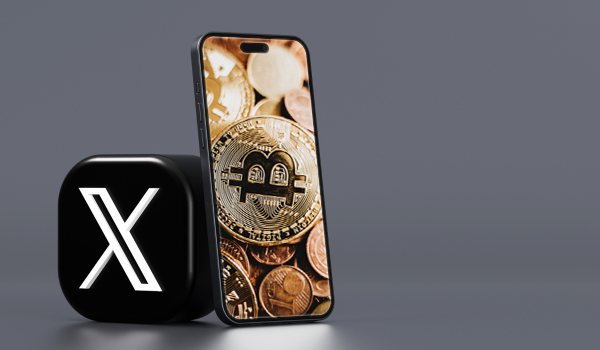It’s been 10 months since Elon took over Twitter, and he has been making changes ever since.
“In the months to come, we will add comprehensive communications and the ability to conduct your entire financial world. The Twitter name does not make sense in that context, so we must bid adieu to the bird,” Musk said in a post on the platform he now owns.
From shutting down divisions to changing the name of the company altogether, Twitter has not been the same since he took over. Musk has a radical new vision for the company, and it seems Twitter is headed for a new era.
What does that mean in practice? Here is a deep dive into what Musk wants to do with Twitter and why it might not be as easy as he thinks.
Musk has forever wanted to build a super-app – what does it really mean?
Super-apps are essentially platforms that offer multiple services in a single application. These typically include financial services as the base with additional services, thereby becoming a self-contained e-commerce platform that addresses multiple aspects of the commercial journey.

Remember WeChat from a couple of years ago? It is often credited with starting the Super-app age in China.
Shortly after he put the deal for Twitter on hold, Musk spoke about his admiration of WeChat. The app originally started as a social media platform in China, and was super popular in the country. It couldn’t replicate that success outside Asia, where WhatsApp and Facebook Messenger reigned supreme.
WeChat had an interesting transformation
First, WeChat added a mobile wallet to the app, allowing users to send and receive money. In 2014, WeChat launched digital red packets, a virtual upgrade to the customary gift item in China during Lunar New Year. Users could send each other animated stickers, which contained digital cash.
Over the holiday season that year, over 40 million digital red packets were exchanged, prompting new signups to the mobile wallet to receive and withdraw these gifts. WeChat had successfully combined instant messaging and payments into a single application.
Since this match worked out great, WeChat quickly started adding more and more services to the app. Users could soon top up their utilities, pay phone bills, pay for flights and train tickets, etc. In 2017, WeChat officially launched their mini-programs, which were essentially third-party apps that users could download and use within WeChat and even pay for their orders without leaving the app. Almost every major company you can think of launched a mini app within WeChat, from KFC and McDonalds to Walmart and public transport agencies.

In fact, there are around 4 million mini-programs inside WeChat (source), which is almost equal to the number of apps on Apple App Store (2 mil) and Google Play Store (2.6 mil) combined!
Theoretically, a person in China can live their entire digital life entirely on WeChat.
Other apps replicated WeChat (or at least some part of it)
Tencent’s meteoric rise over AliBaba meant that other apps soon followed suit.
Jack Ma built AliPay with a similar outlook in mind, and it is arguably now more popular that WeChat.

Several domestic competitors have arrived to the scene, including the likes of Meituan, which is now one of the world’s largest food delivery platforms.
Similarly, several international competitors have launched their apps in the country. These include Indonesia’s Gojek, South Korea’s KakaoTalk, and India’s PayTM.
This model of jamming as many apps as possible into one quickly became THE way of become a dominant name in the region. Companies like AliPay have now launched super-app developer kits, that allow companies and third-party developers to build new services and features on top of a base app. Similarly, AliCloud provides hosting services for such super-apps to help anyone who wants to build one.
Musk’s plans with X (Twitter) and what it needs to make it happen

Musk has been open about making Twitter a place where money flows. He has iterated in interviews about “similarities in payments and direct messaging” and using a “direct messaging stack for payments.”
His plans, as of now at least, sound a lot like turning the social media app into a bank. He says that Twitter will set a “high-yield money market account”, which is unlike the “complex and expensive” system deployed by traditional banking institutions.
Instead, Twitter as a payment service will offer a single balance tied to the account, which will only go positive or negative. For places that will not accept Twitter Payments, users will be issued a debit card tied to the account balance. When asked if Twitter would offer loans like a traditional bank, he said that offering a comprehensive financial service meant “you can’t be missing key elements.”
With this concept, the most obvious concern that pops up is data security. If a social media account is hacked, the worst that can happen is damaging your reputation. If your bank account is hacked, you might not be able to access your rent.
Besides Twitter, Musk runs an electric vehicle company and a rocket company, two other super-risky jobs. They have their share of problems, but those enterprises have done a rather good job at dealing with the high-stakes.
However, at the moment, Twitter doesn’t really have the executives that can handle these plans. Musk fired a bunch of the C-suites, and the attrition has been high since he took over.
An everything app would be a cool concept if Musk was able to build it. The convenience of keeping up with the world, texting friends and family, sending and receiving money, booking tickets, etc., without switching over to other apps would make some sense.
However, there is one serious flaw with this concept.
The West doesn’t really like super-apps
For the moment, the biggest struggle in the way of Musk seems to be the fact that the West never really embraced super-apps.
There have been several instances where developers have moved away from creating all-in-one apps. Facebook (now Meta) has already separated the social platforms from its messaging services. Google has famously split its messaging and video calling features into 5 different services! Even Uber separated the food delivery platform into Uber Eats.
It’s not that companies haven’t tried building a super-app; it’s just that these attempts have always seen mediocre success.
SnapChat launched SnapCash in 2020 alongside Minis, a platform for hosting third-party apps similar to WeChat. It didn’t garner the success it should’ve, and they just gave up.

Similarly, Facebook Pay, Instagram Shopping, and WhatsApp Payments have had mediocre success in foreign markets at best.
In USA, iOS is the leading operating system at 58.34% market share, closely followed by Google at 41.24% (source). These operating systems maintain centralized control over the app distribution, providing alternatives wherever necessary.
Comparatively, China is an Android-dominated market, but one where Google has no tight control over the app ecosystem. There is no Play Store or App Store, no email accounts to log into when you switch phones, no GPay or Apple Pay for payments, etc.
As a result, companies like WeChat and AliPay can capitalize on this vacuum and thrive as a centralized platform for everything.
The rest of the world does not have this problem, so replicating this model will be difficult outside China.
So will it all work out for X / Twitter?
Musk’s vision with Twitter is definitely a lot to pack in a primarily social media platform. Elon has already started experimenting, letting verified accounts post job listings on the site.
X / Twitter and Musk have an uphill battle in front of them. The social platform was already not popular before Musk took over, often being branded as a toxic cesspool. Now, it has a whole bunch of new problems.
Verification has become a paid feature, which also unlocks some other features. Ads are somehow worse. And by firing a bunch of people from the company, and taking important decisions based on Twitter Polls, Musk isn’t really a trusted figure at the moment.
Elon’s gamble with the platform is that people want a super app – something that can handle everything. I’m not really sure people do. With all this gripe surrounding the platform and its owner, it seems highly unlikely that adding banking features would save the platform.
